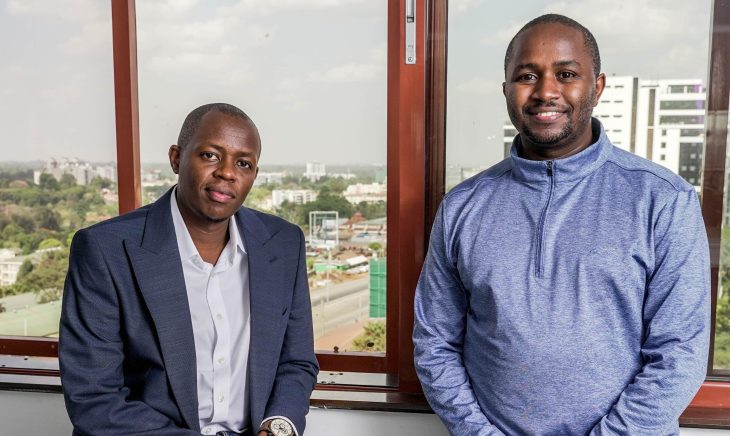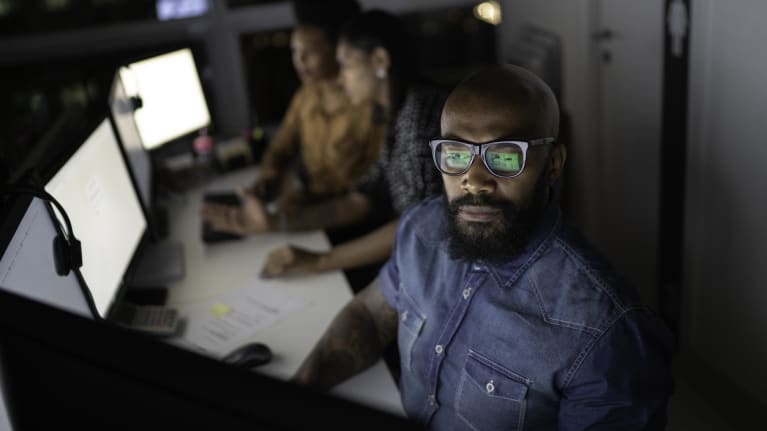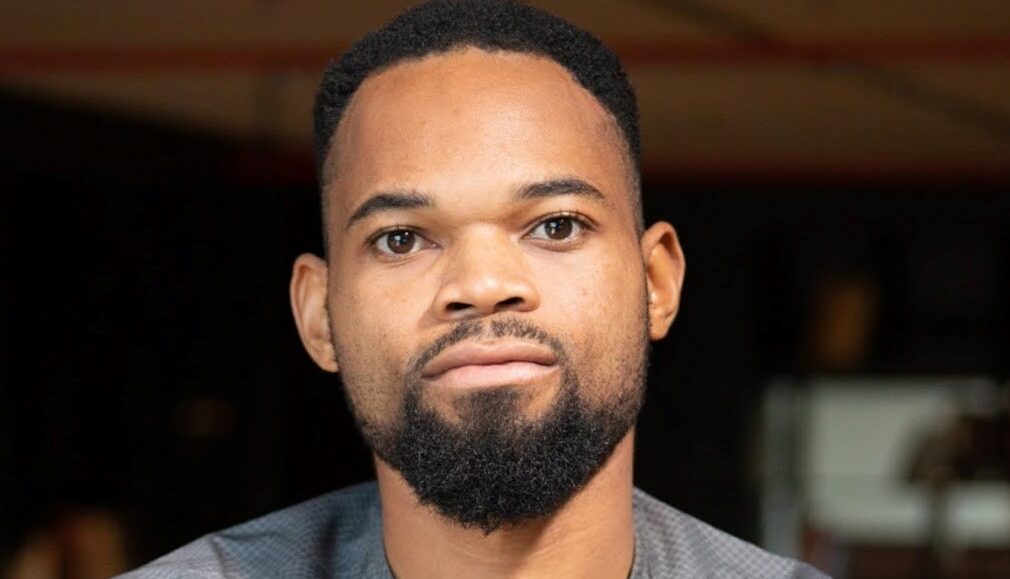Starting as a listserv, Visible Figures has grown into a support network for Black women in tech. The group’s name is a play off the book and movie Hidden Figures about three Black women — two mathematicians and an engineer — working at NASA in the 1960s. Visible Figures, which has $2.1B in collective capital raised, was formed in 2017 by Stephanie VanPutten, who raised $2million for her own startup. It was launched in response to a report that found only 12 Black women in the world had raised $1M+ in venture capital. In
Founder of femtech startup Ruby Love, Crystal Etienne, joined forces with her husband, Jean, last year to start VC firm CaJE, a VC that focuses on investing in “soil” rounds, similar to a family and friends investing round. Crystal’s own startup has raised $15 million since it was founded in 2016. She bootstrapped the company from its humble beginnings to over $10 million within two years. But she still felt “cajed” many times while entering the new industry with very little help along the way, but overcame every obstacle. Jean ran his
Clark Atlanta has announced that it has been awarded nearly $12 million in grant funding to establish a “Knowledge Metaverse” hub. The Knowledge Metaverse, according to a school release, “amplifies access and engagement in learning by combining the real world with digital information and extended reality (XR) similar to immersive experiences that have become increasingly popular in arts, gaming, and entertainment.” The grant was supplied by EON Reality, described by the school as “the global leader in augmented and virtual reality learning solutions.” Clark Atlanta is the first HBCU to
If you’re a fan of the Emmy award-winning series Pose, you will already know Angelica Ross as the feisty trans character, ‘Candy Ferocity’. But outside of Hollywood and in 2014, Angelica founded TransTech Social Enterprises; an organization that works to provide education, support, and jobs to trans people facing discrimination in the tech sector. In 2017, she then hosted the TransTech Summit, which is a free event for attendees to be educated on ways to level up in their careers and the industry. Two years ago Angelica told cnet.com, “technology saved my
Churpy, a Kenyan fintech startup, has secured a $1 million seed round led by Unicorn Growth Capital. Also participating were Antler East Africa, Nairobi’s business angel network, and a group of Rally Cap LPs. The round will be used to support expansion to Egypt, Nigeria, and South Africa. The startup said it wants to transform how businesses manage the debt owed to them by their customers through its Software as a service (SaaS) product – which automates the labor-intensive processes of reconciling incoming payments and invoices that are still predominantly manual for most local
Founder and CEO at Seidea CIC, a career development platform with a social mission to diversify the cybersecurity industry, Stephanie Itimit sat down with us to discuss building a thriving organization, finding the right co-founder, initially balancing her mission with a 9 to 5, and more. The goal for Seidea is to break down barriers for Black and Minority Ethnic women and help them start their cybersecurity careers through cyber career programs and industry events. Itimit and her team also work with employers to develop virtual internships, strengthen their employee
Today the Kapor Center, a nonprofit addressing racial inequities in STEM education and the tech industry, in partnership with the NAACP, released their 2022 report titled State of Tech Diversity: The Black Tech Ecosystem. The report analyzes and synthesizes the latest data, demonstrating the continual exclusion of Black talent across the tech ecosystem, which represents a great loss of talent and innovation for one of the major drivers of our nation’s economy. The report findings reveal that progress towards racial equity is not only stalled but in many respects, regressing, throughout
In 2020 none of the $4.4 billion in venture funding raised in the region went to female founder-led startups. The lack of support in the early stages of entrepreneurship, poor access to capital, and the lack of women investors in venture capital funds are among the main reasons. Of the more than 800 companies recently surveyed by Endeavor and Mastercard for a whitepaper on bridging the gender gap within tech companies in Latin America, only 23% had at least one woman on their founding team, and only 9% had one or more all-female founders. Racial and
More than half the country’s workforce identifies as Black or mixed race in Brazil, yet less than 30% of these workers occupy managerial roles. Beyond the scarcity of Black professionals in IT departments in Brazil, a study by diversity initiative Preta Lab in partnership with consulting firm ThoughtWorks in 2020 found that 50.4% of teams do not have “non-heterosexual” staff. The inclusion of indigenous people and people with disabilities is also nearly absent in Brazil: 85.4% of the participants reported no disabled people in their team, and in 95.9%, there were no
Y Combinator’s latest batch — W22 — features 414 startups from 42 countries, representing more than 80 sectors. America reportedly has the most representation while India comes in second with 32 startups and Nigeria sits in third, having delivered 18 startups. This is the first time an African country is appearing in the top three. The W22 batch of the Y Combinator programme, which played a role in the early days of companies like Airbnb, Coinbase and Dropbox among others, is currently taking place, and concludes with a demo day end of













